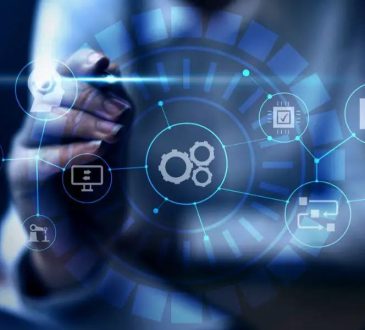
The primary benefit of encrypted messaging apps for social movements and activism is communicating securely and coordinating to or intercept. End-to-end encryption messages and shared files remain private, protecting sensitive information from prying retaliation or persecution. This level of security is particularly crucial for activists operating in oppressive regimes or hostile environments, where dissent and free speech are often met with severe consequences. Encrypted messaging apps allow organizers to plan protests, share inlet, and strategize without the risk of authorities monitoring or intercepting their communications.
Rapid mobilization and information dissemination
In social movements, the ability to mobilize quickly and disseminate information is paramount. Encrypted messaging apps have proven to be powerful tools, allowing activists to rapidly share updates, coordinate on-the-ground efforts, and rally support from various individuals and groups. During major protests or uprisings, encrypted messaging apps have organized simultaneous actions, directed protesters to strategic locations, and provided real-time updates on evolving situations. This rapid flow of information has enabled social movements to adapt and respond swiftly, maximizing their impact and raising awareness on a global scale.
Protecting Whistle-blowers and Anonymity
Social movements and activism often rely on whistle-blower and anonymous sources to expose wrongdoings, corruption, and human rights violations this content. Encrypted messaging apps play a crucial role in protecting the identities of these individuals, enabling them to share sensitive information and evidence without fear of retaliation or repercussions. The anonymity afforded by encrypted messaging apps has empowered whistle-blower and insiders to come forward with crucial information, shedding light on issues that may have otherwise remained hidden from public scrutiny. This has proven invaluable in holding governments, corporations, and other powerful entities accountable for their actions.
Circumventing censorship and internet shutdowns
In authoritarian regimes or during civil unrest, governments often resort to censorship and internet shutdowns to suppress dissent and control the flow of information. Encrypted messaging apps have become powerful tools for activists and organizers to circumvent these restrictions and maintain communication channels. Many encrypted messaging apps are designed with robust security features, such as decentralized networks and censorship-resistant protocols, making them resilient against government interference or attempts to block or disrupt their services.
This has allowed activists to continue coordinating efforts, sharing information, and amplifying their voices even in the face of censorship or internet blackouts. Encrypted messaging apps have provided a secure and private communication platform, allowing activists to connect with like-minded individuals, share best practices, and amplify their collective voices globally. This has fostered a sense of shared struggle and strengthened the resolve of social movements, creating a powerful force for change that resonates beyond local communities.
Challenges and ethical considerations
While the impact of encrypted messaging apps on social movements and activism has been undeniably positive, it is essential to acknowledge the potential challenges and ethical considerations accompanying their use.
One concern is the potential misuse of encrypted messaging apps for coordinating illegal or violent activities, which could tarnish social movements’ legitimate goals and efforts. Activists and organizers must remain vigilant and ensure these tools are used responsibly and with non-violence and civil disobedience principles.
Additionally, using encrypted messaging apps raises concerns about accountability and transparency, as communications and decision-making processes may be shielded from public scrutiny. Social movements must balance maintaining privacy and security while ensuring transparency and democratic processes within their organizations.




